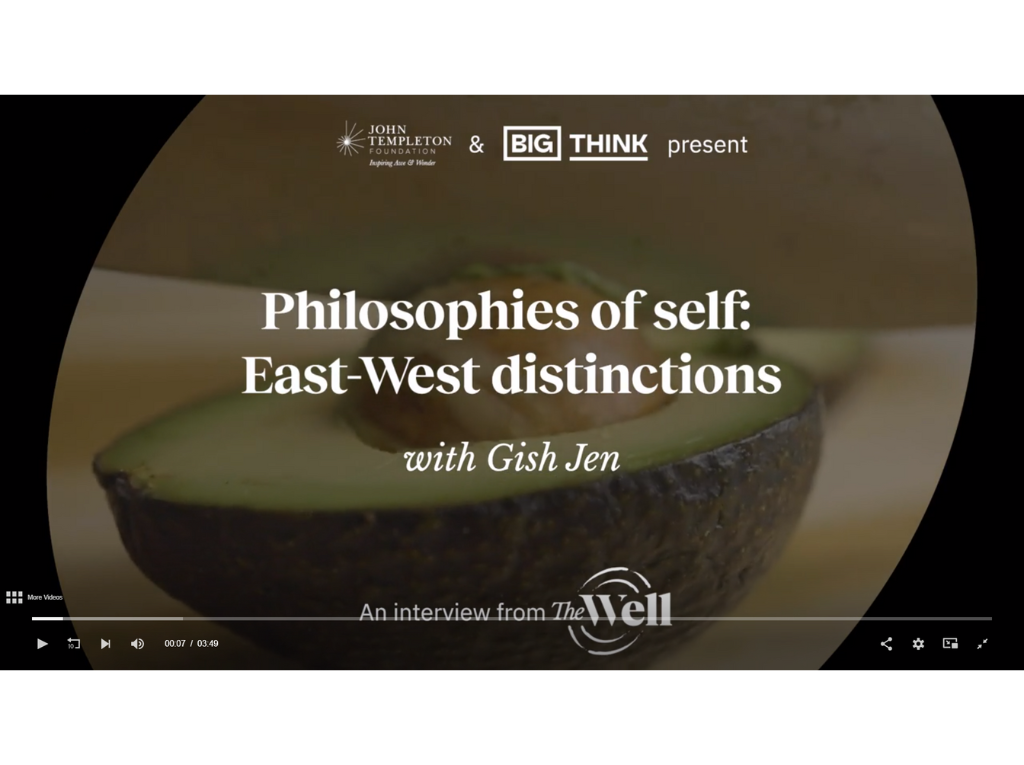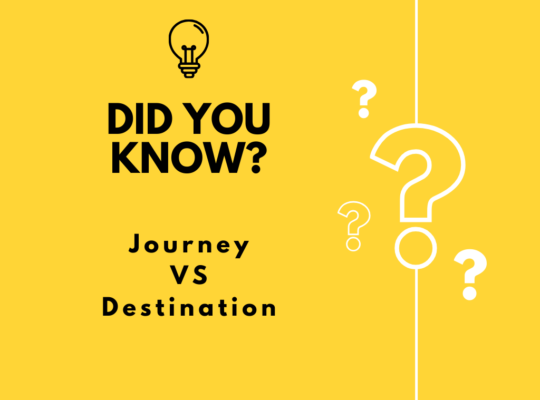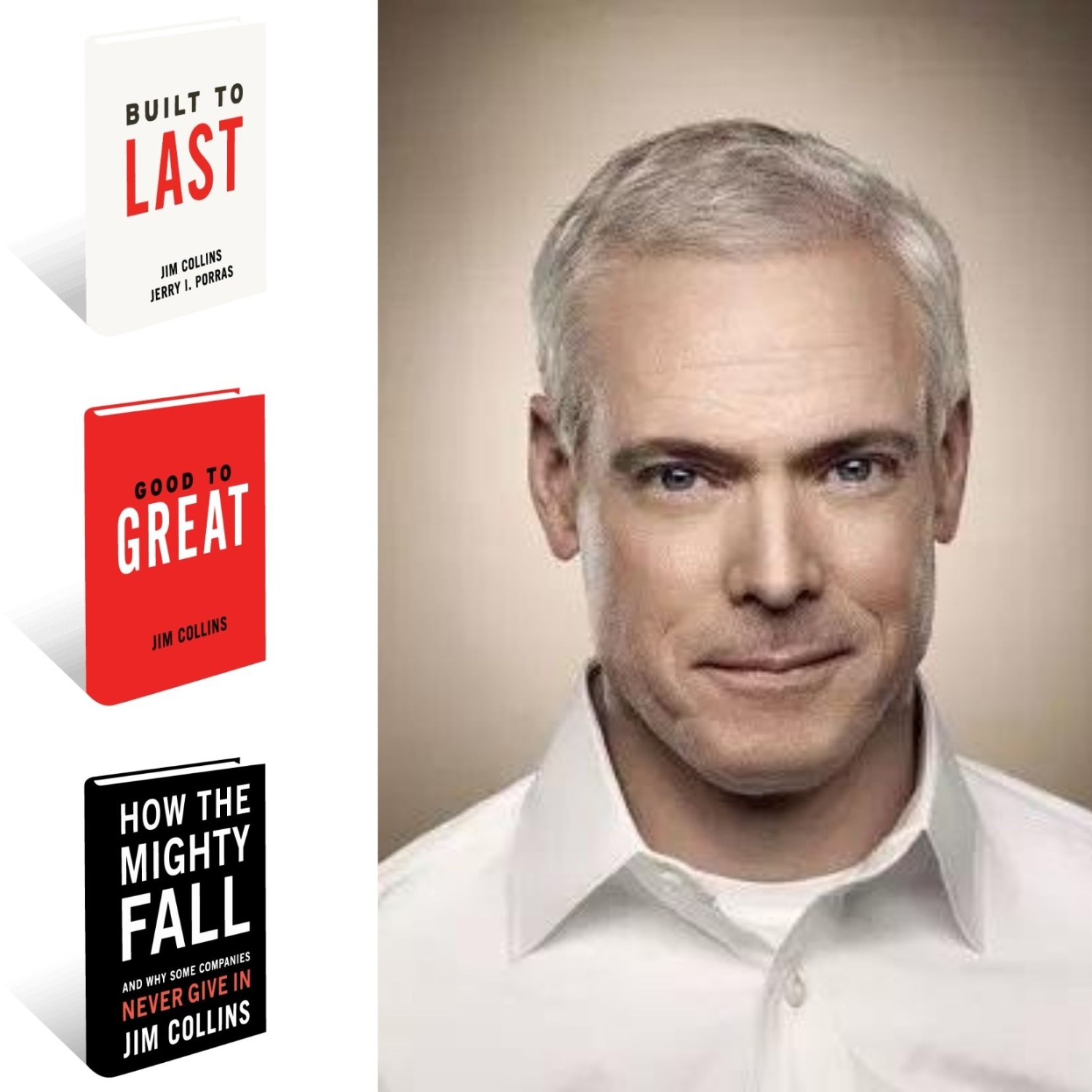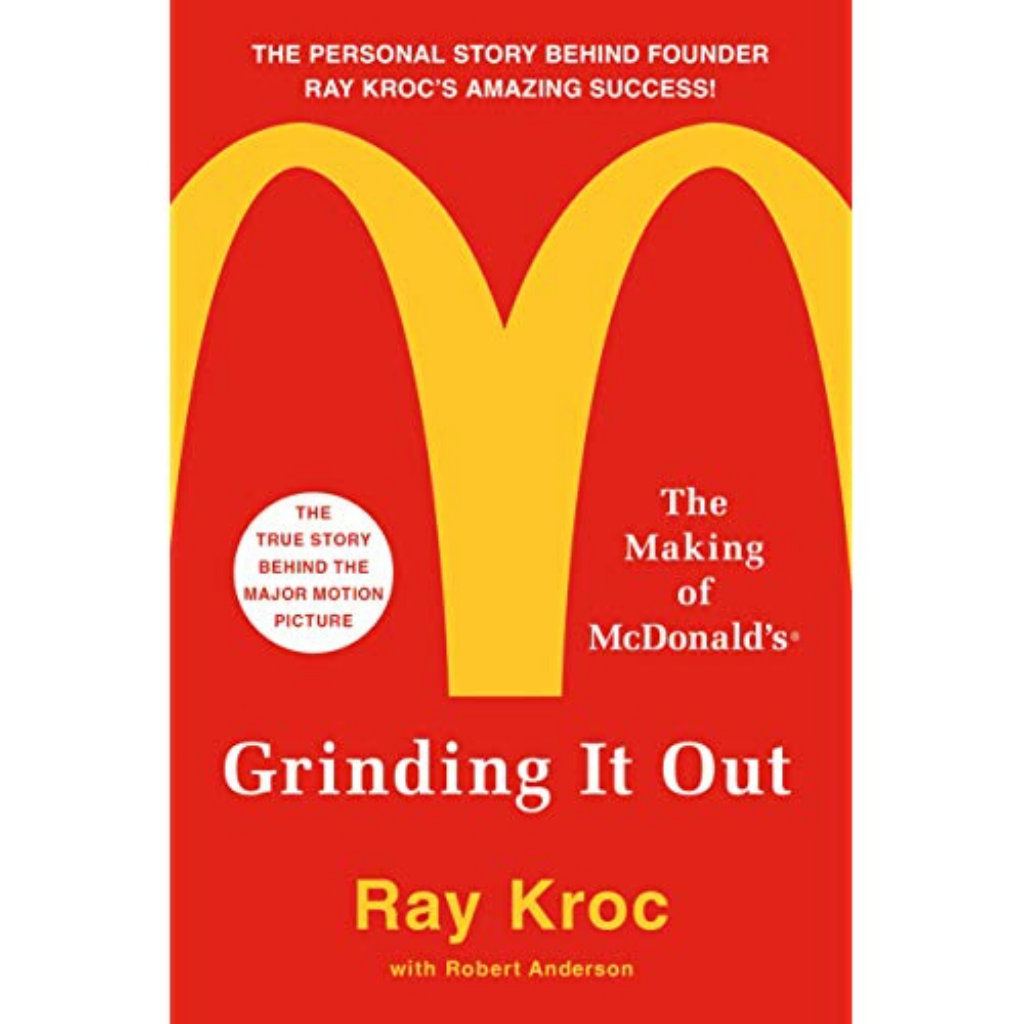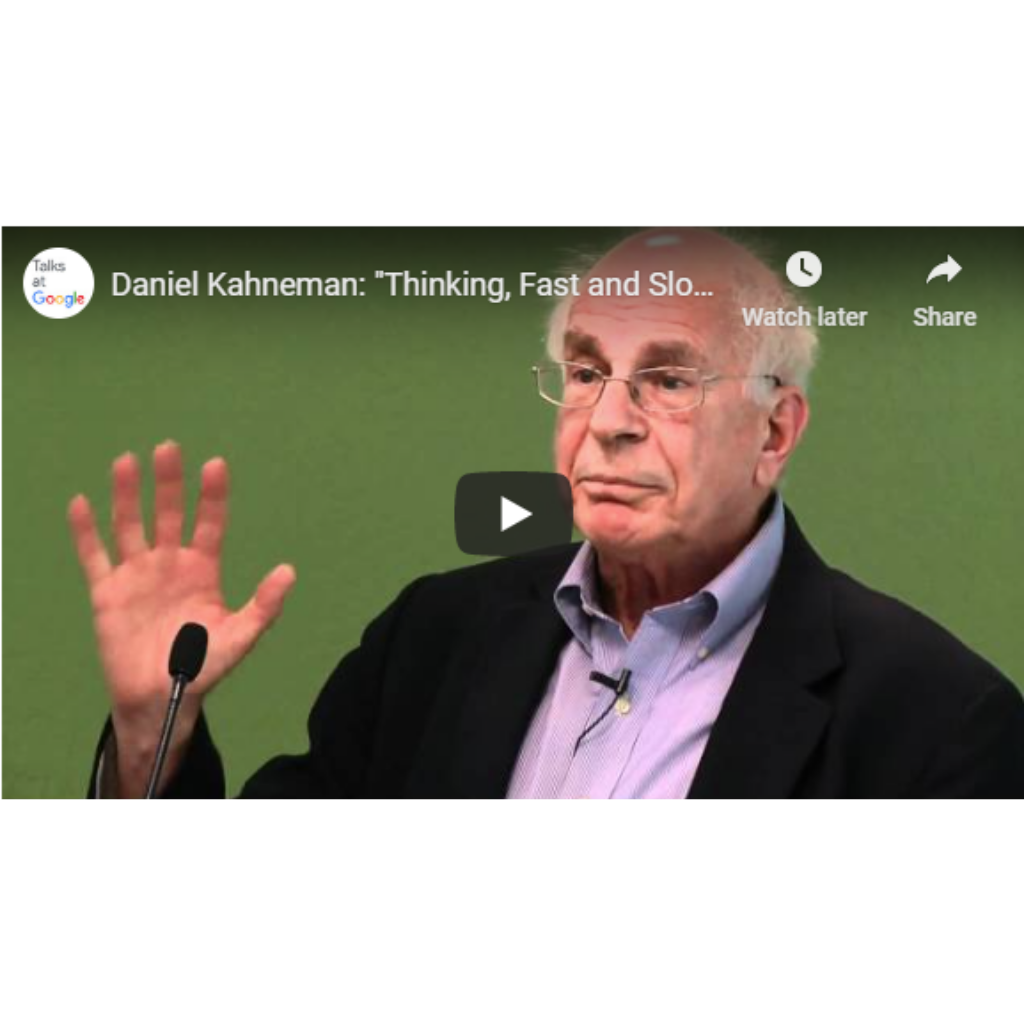People in the East and West really do think differently, especially when it comes to self-identity. Depending where you live, either associative or distinctive thinking will shape your sense of self.
You can learn a lot about yourself by looking through the lens of a different worldview. Gish Jen presents that awareness here by comparing notions of self-identity in the Eastern world and in the West.
Having grown up with a foot in each culture, she’s in the ideal position to show the differences in how the self operates in America and Asia—without prescribing the idea that one system is better than the other. In her analysis, Westerners have a “pit-self”, like an avocado, where our center is this unique individual self that must be expressed in every choice we make.
We are always trying to differentiate ourselves from others, it’s central to every choice we make. Easterners are undoubtedly all individuals, but they ascribe to a “flexi-self” which is more interdependent, and focused on their place within a community or family. It’s more about duty, than rights. The differences are fascinating and, if you’re a westerner, it might drag into the spotlight the interesting ways in which you assert your individuality.

